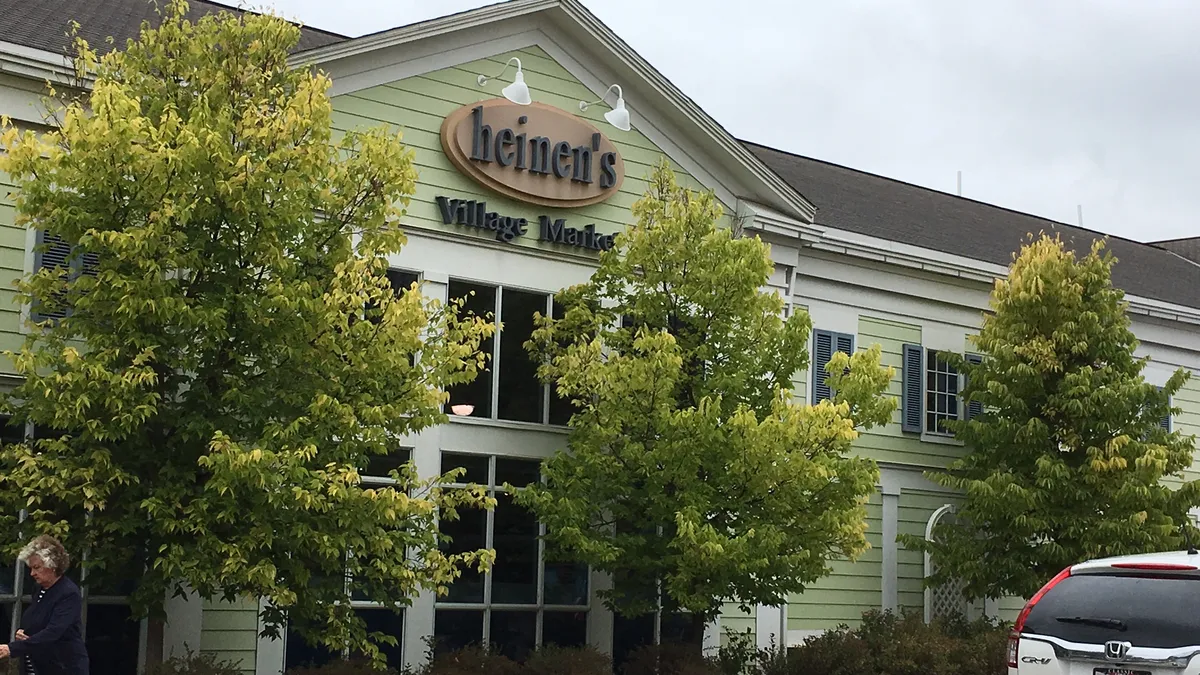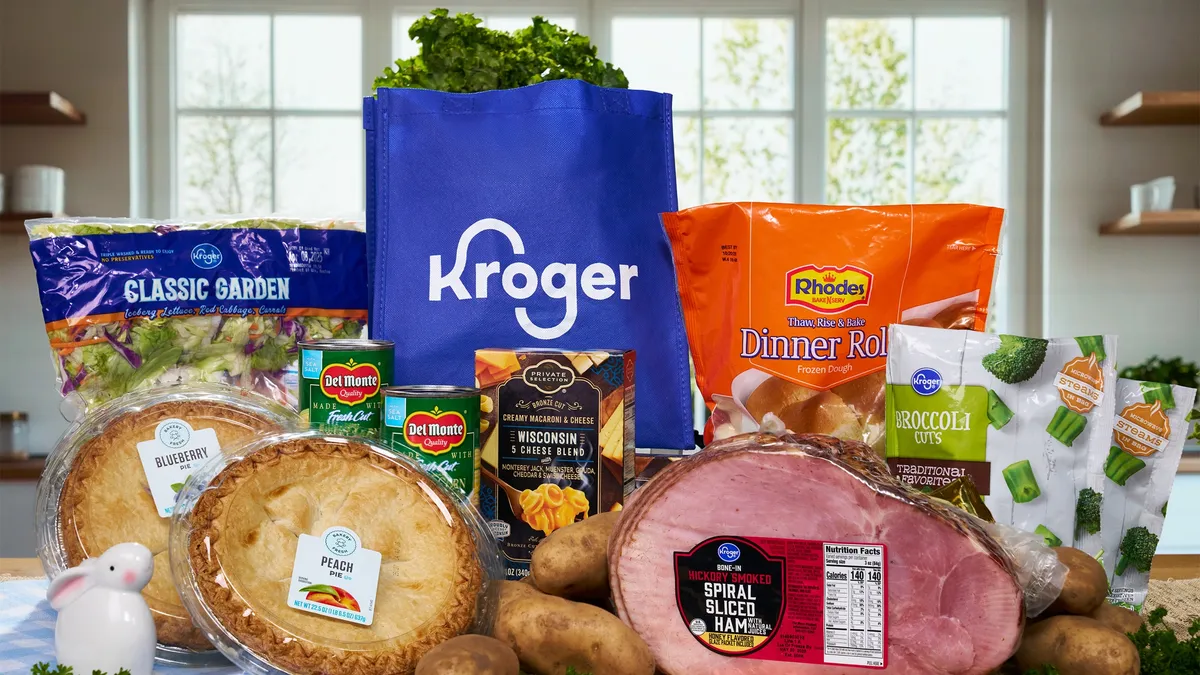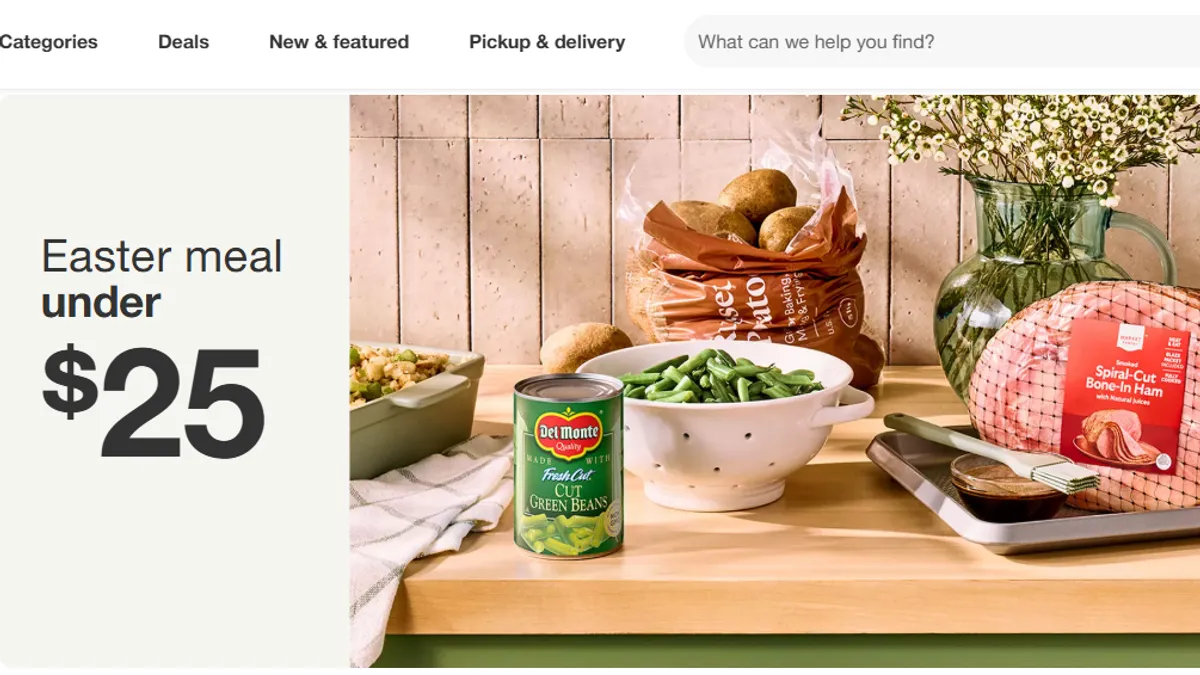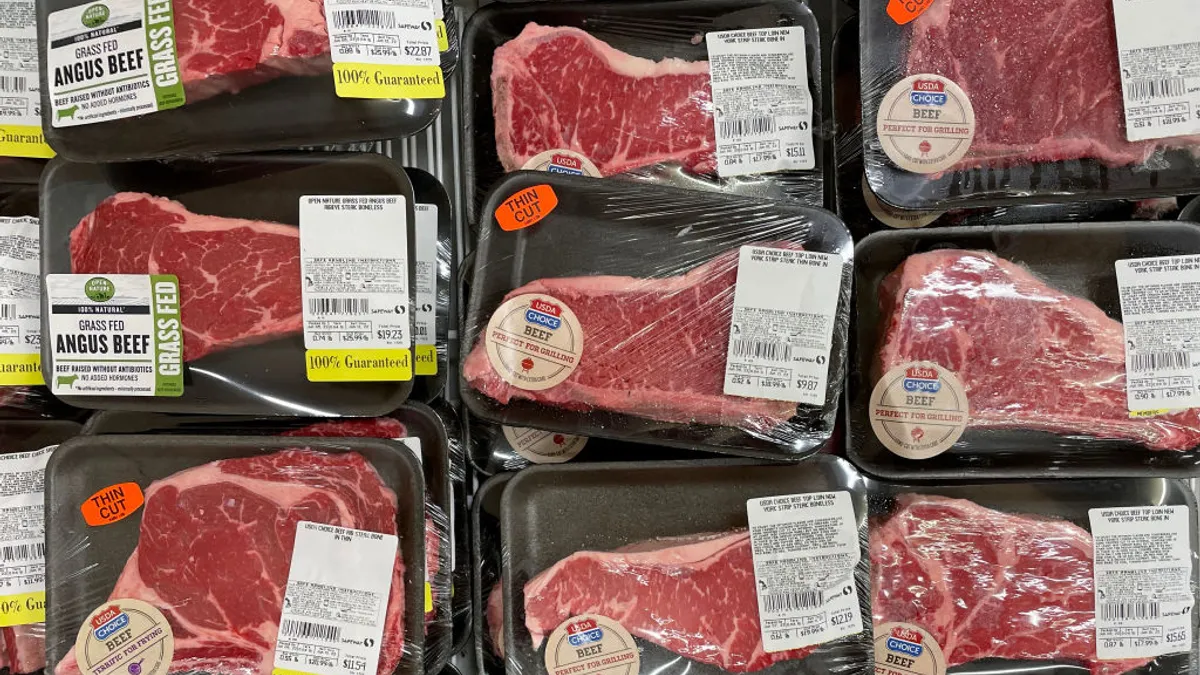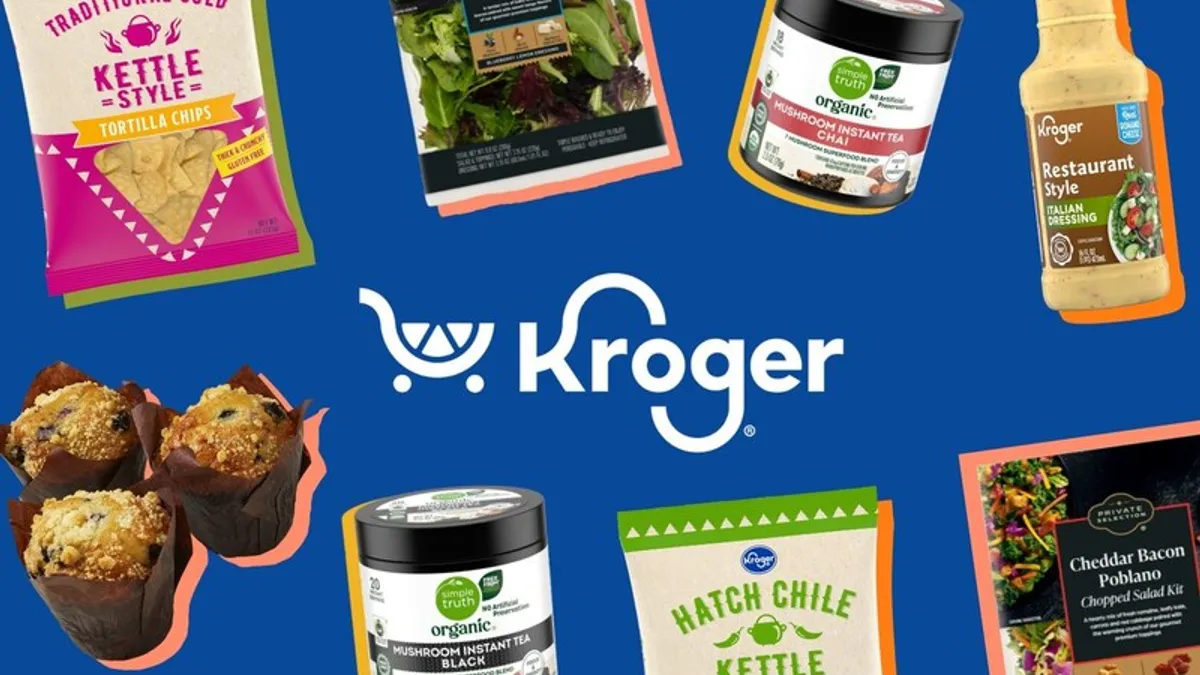LAS VEGAS — Heinen’s has tried to differentiate on customer service. It’s focused on fresh products, too. And helping customers with meal planning? Sure, that’s improved sales, said Chris Foltz, the chain’s chief innovation officer.
But what could really move the dial on customer loyalty, he said, is food prescriptions.
Early next year, the 23-store grocer plans to roll out an app that develops personalized diet plans to help treat specific conditions. If a customer is diagnosed pre-diabetic, the app, called Believe Fx, will develop a plan around fresh, low-carb foods. It will tailor selections to customers’ preferred cuisine, like Italian or vegetarian, factor out any ingredient dislikes and intolerances, and even integrate a doctor’s prescription into the system.
For customers that don’t have a diagnosed condition and just want to eat better, Believe Fx will develop plans built around health goals. It lays out functional benefits customers can choose from, like improved focus, better sleep and increased energy.
Once a shopper has completed the initial panel, Believe Fx will provide product and meal recommendations. Items throughout the store that work with the program will have a corresponding "Fx" logo on them, while branded meals and snacks will appear in special store displays. Heinen’s Mix and Match meal program, which lets shoppers build customized fresh meals, will feed into the program.
The plan is for the app, unveiled during a presentation Foltz gave at the Groceryshop conference in Las Vegas, to become a tool doctors can interact with and prescribe directly to their patients. Heinen’s has an advisory partnership with Cleveland's University Hospitals system and hopes to use its own medical advisory staff — the grocer has a chief medical officer and chief dietitian — to train doctors on how to use the program and provide food prescriptions.
"The doctors want their patients to have guidance," Foltz told Grocery Dive in an interview following the presentation and panel discussion. "[Doctors] don’t have the time or the expertise, and the hospitals don’t have the money to invest in anything beyond doctors."
Heinen’s also plans to open nutrition coaching centers inside some of its stores. These spa-like spaces will feature live plant walls, tea and gentle music, Foltz said, and have holistic counselors on hand to advise shoppers one-on-one in line with their personal and doctor-prescribed goals. The first center is slated to open early next year.
"The doctors want their patients to have guidance."

Chris Foltz
Chief innovation officer, Heinen's
This blending of the supermarket with the doctor’s office marks a departure from the way grocers have traditionally approached health and nutrition. Some chains offer in-store clinics that dispense flu shots and cold remedies, while others have staffed up with dietitians that can consult on meal plans and finding better-for-you options. The focus for most companies is on offering choices and light guidance.
As consumers struggle with high medical costs and grow more vigilant about processed foods and specific ingredients, they’re increasingly looking to food and beverage as a way to manage their health. Meanwhile, the medical community is increasingly focused on preventive care, and insurance companies have begun adding incentives for consumers who make healthy food choices.
Retailers are starting to catch on. Doctors are leading store tours in some areas, and grocers like Publix have linked up with medical establishments to offer resources like telehealth medicine. Basics Market in Portland built a store on the ground floor of a hospital, while Giant Food recently partnered with a Washington, D.C. nonprofit to offer produce prescriptions.
Heinen’s focus on health runs deep. The company hired its first chief medical officer a decade ago and has since hired a chief dietitian along with 40 dietary consultants. It developed its own holistic nutrition certification program and added holistic pharmacies to stores.
But even with all these resources, Heinen’s can still play a more active advisory role with customers, Foltz said.
"There’s all kinds of ways they’re being guided on how to eat differently, but they still get in [the store] and they don’t know how to do it," he said. "We’re the ones selling the food, so I think we have a role to play."
Believe Fx will debut as a standalone app, but Foltz said he’d like to see it eventually integrate with Heinen’s store app. Working the program into the company’s growing e-commerce program could also be on the horizon he said.
Heinen’s is running other health-focused initiatives, as well. It’s piloting a holistic medical program with employees that includes an initial health screening and blood panel, with prescribed supplements and food plans following the results. If that program proves successful, Foltz said, Heinen’s may roll it out to customers.
In an industry that's becoming increasingly difficult for small chains like Heinen's to operate in, focusing on health further solidifies the company's identity with shoppers.
"If we can help them with their health, the emotional connectivity we have with them will really increase loyalty," he said. "Our challenge is fragmentation, like everyone else. How can you get more personal than health?"



